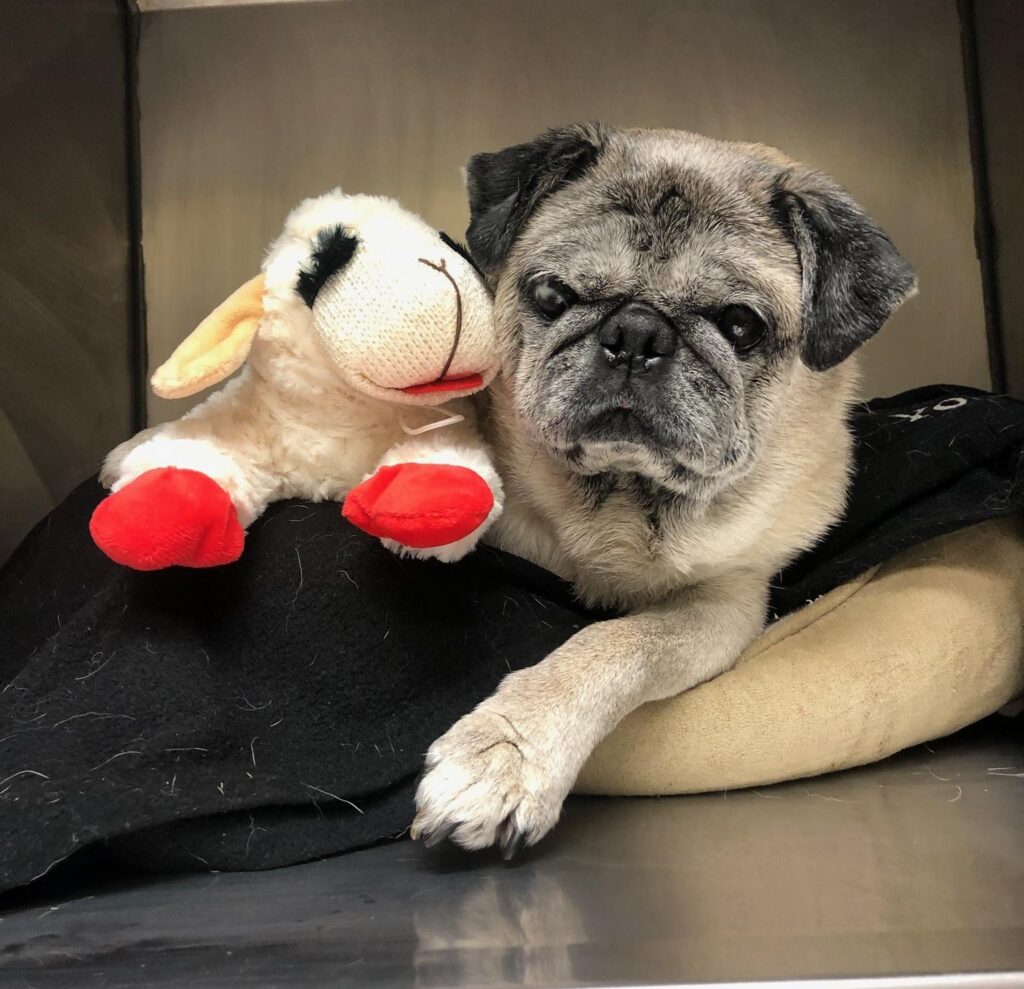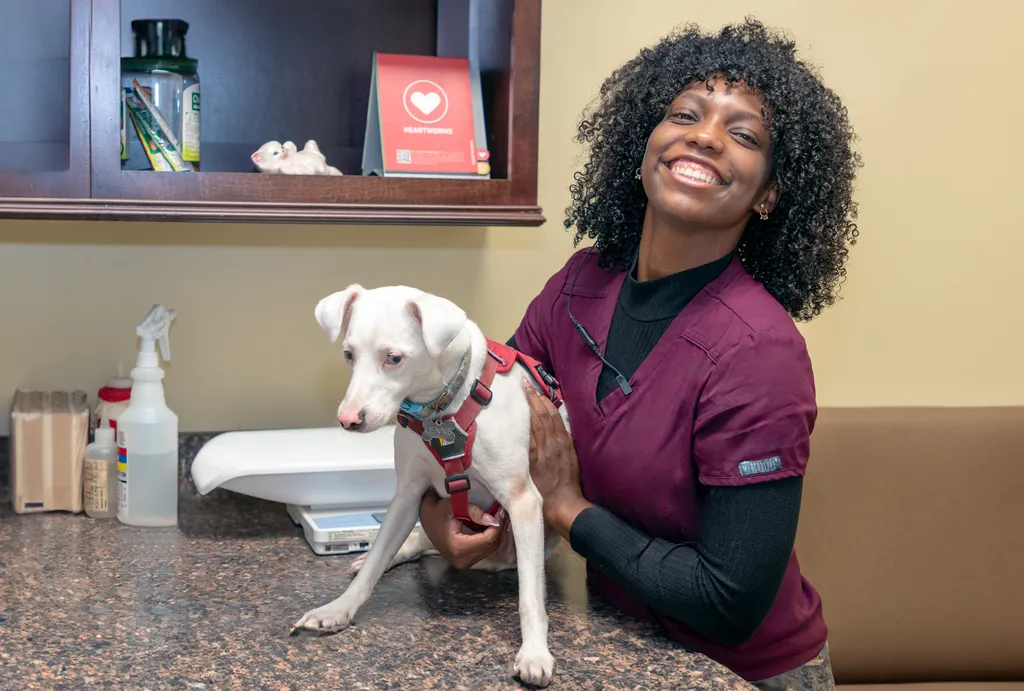Watching a pet suffer from allergies can be tough. The endless scratching, repeated ear infections, and anal gland issues are just a few of the symptoms that can make pets miserable. Not only are allergies in pets uncomfortable, they can also put them at risk for secondary infections and other health problems if left untreated.
Fortunately, there are plenty of ways to help your pet. By learning what is causing your pet’s allergies and taking charge of the symptoms, you can make life a whole lot better for your pet, and yourself!
Types of Allergies in Pets
An allergy is simply an overreaction of your pet’s immune system to a particular substance. Little is known about why some pets (and people) develop allergies and some don’t, but we do know that allergies tend to develop after the pet or person has been exposed to the substance several times. It’s not uncommon for pets to develop seasonal allergies as adults, for example, even though they seemed fine during their first or second ragweed season.
There are three main types of allergies in pets:
Environmental allergies – Environmental allergies can be caused by common particles found inside our homes, such as dust, mold, and dander (even people dander, in some cases), or can be due to seasonal triggers like grasses or pollen.
Flea allergic dermatitis – An allergy to flea saliva is more common than most pet owners realize. Some pets are so sensitive that even one bite can trigger an itching cycle that can last for weeks. Today’s flea preventive medications make avoiding this particular condition easier than ever.
Food allergies – Although food allergies contribute to only about 20% of allergies in pets, they can be a serious issue. The most common allergies are to proteins like beef, chicken, or soy (not grain as is commonly believed). A prescription food trial or elimination diet is the only way to accurately diagnose a food allergy in pets.
Signs and Symptoms
The symptoms of allergies in pets can be drastically different from those in humans:
- Intense scratching or licking of the face, ears, groin, or abdomen
- Excessive paw licking
- Red, scabbed, or swollen skin
- Head shaking
- Ear infections
- Anal gland issues
- Sneezing
- Red, watery eyes
- An unpleasant odor
Lend Them a Paw
If you suspect your pet is suffering from allergies, please give us a call. Once we figure out the cause of your pet’s allergies, we can come up with a treatment plan, which may include the use of oral antihistamines, topical medication, or immunotherapy (allergy shots).
In addition to our treatments, you can make life more comfortable for your pet in the following ways:
- Bathe your pet regularly with a veterinarian-approved hypoallergenic shampoo and conditioner to remove allergens from the fur and skin.
- Wash your pet’s paws daily to soothe inflammation and prevent the tracking of allergens into the home.
- Keep your home as clean and allergen-free as possible with regular vacuuming and laundering of your pet’s bedding.
- Supplement your pet’s diet with a high quality omega-3 fatty acid supplement to support his or her skin health and provide natural anti-inflammatory compounds.
Your pet’s allergy relief is only a phone call (to your team at Oak Forest Veterinary Hospital) away!



